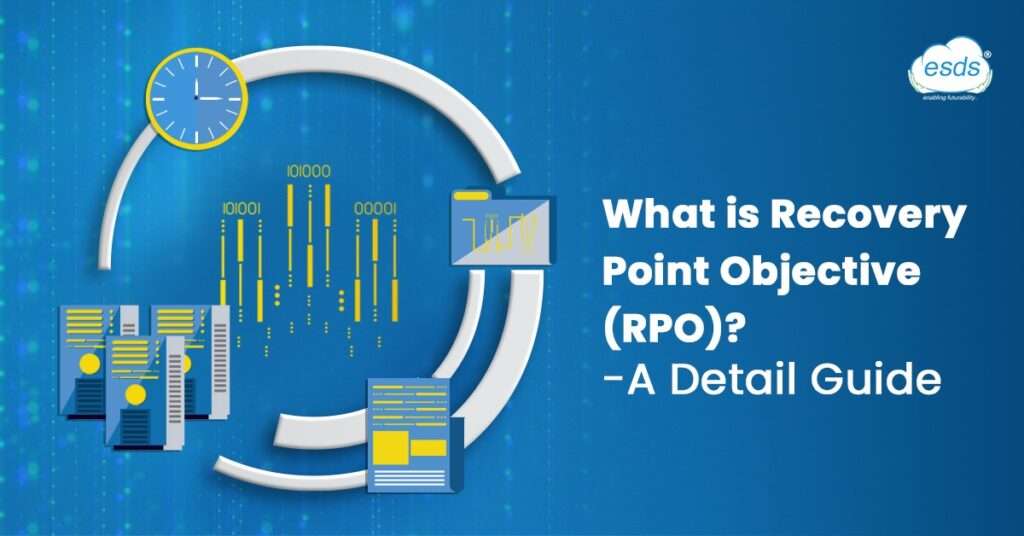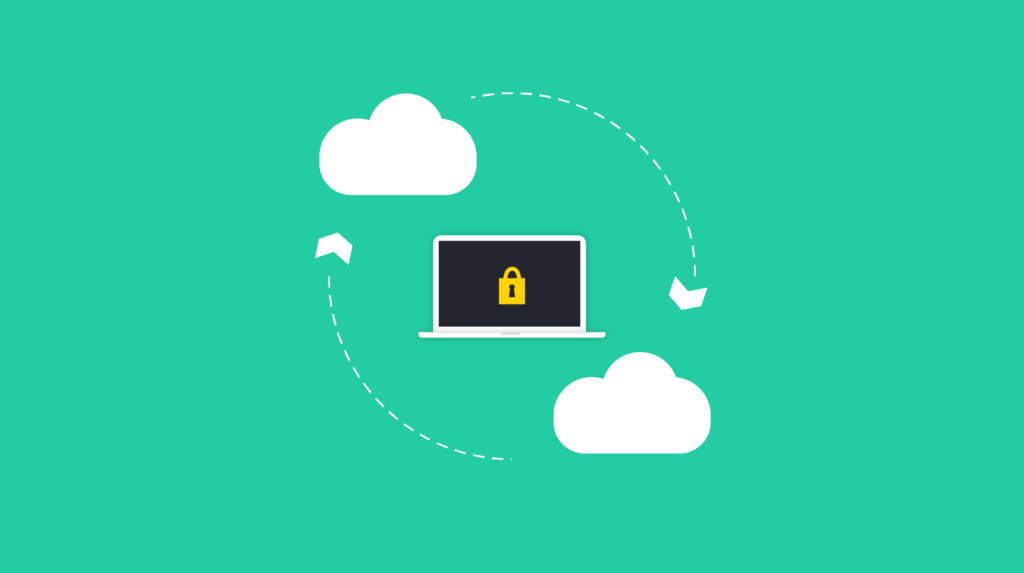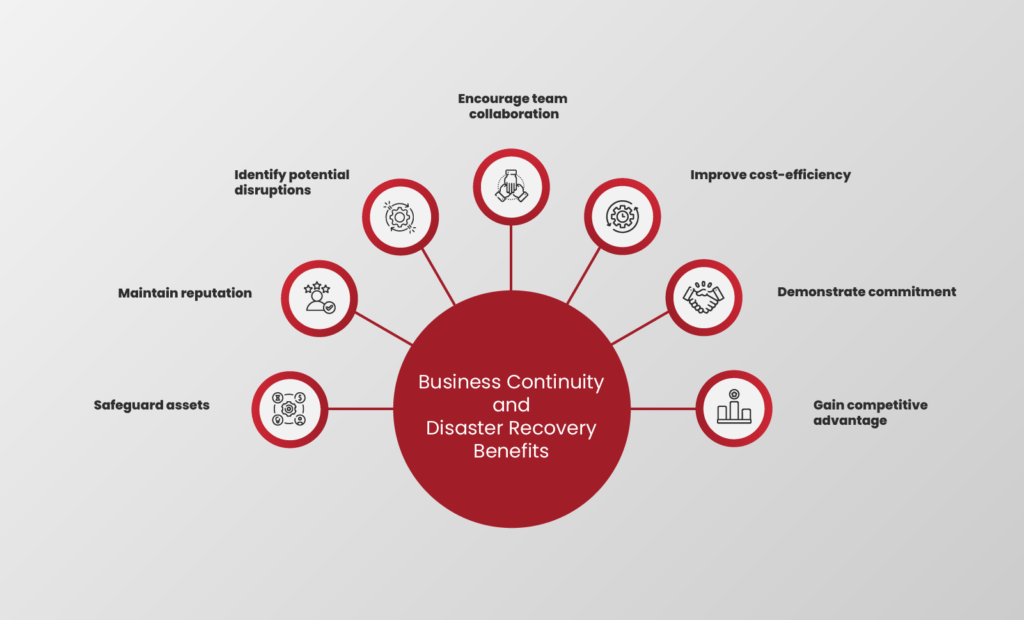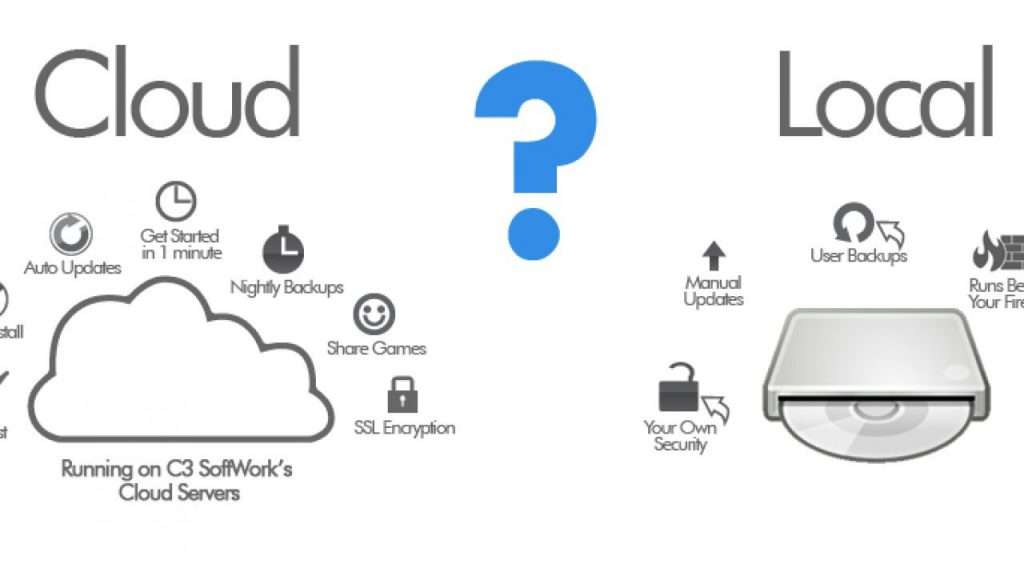How to Protect Your Database with Virtual Vault?
Introduction The data that you collect and accumulate is more precious than gold and as a business owner, it is your responsibility to protect it. But how do you do that? There are various ways to do that, like cloud backup solutions. One of the solutions that work with cloud backup is the virtual vault. What is Virtual Vault? Virtual Vault is a cloud-based data backup solution that lets users securely store their data files on a server in the cloud. Offering unlimited storage space, virtual vaults are fast and easy to use. They can be used with any device like a desktop, laptop, or tablet – making it easier for the user to access their files from anywhere. Let’s look at the advantages of using a virtual vault for your business. Benefits of Using Virtual Vaults Some of the essential benefits of using a virtual vault include – These are generic benefits of using virtual vaults, and with AceData Virtual Vault, you can do much more. When talking about the features of virtual vaults, it is crucial to remember that a virtual vault must include these characteristics. Important features of Virtual Vault include: Features of Virtual Vaults What Are Ace Data Virtual Vaults, and How Do They Help To Protect Your Database? You have a fair idea about what are virtual vaults, but do you know what Ace Data Virtual Vault can do for your business? With Ace Data Virtual Vault – an enterprise cloud backup and recovery solution – organizations can achieve seamless business continuity and disaster recovery with cloud backup. Virtual Vault is more reliable, cost-effective, and packs plenty of other benefits, enabling businesses with modern infrastructure for today and tomorrow. But before we tell you more about our virtual vault, let’s look at cloud backup and recovery. Cloud Backup and Recovery – All You Need To Know In simple words, cloud backup can be understood as a service or a strategy wherein your data and applications are backed up and stored data and applications from a primary server of a business to a remote server or a secondary server. Why is it necessary? With cloud backup services, businesses can quickly recover and restore their data stored on the remote server. This ensures minimal disruptions to your operations and offers optimum continuity. These remote servers are usually hosted by third-party service providers. While quick recovery is one of the significant reasons for businesses opting for cloud backup, the other reason is to keep the critical files and data readily available in the wake of any mishap. Mishaps like an outage, natural disasters, or even system failures. How Does It Work? The working mechanism of cloud backup operates on copying the data from your server and storing the copied data onto a remote server. Depending on the preferences and the criticality of data, applications, and files, businesses can opt to back either some or full data onto a remote server. How is Cloud Backup Done? Usually, a cloud backup is done through a web browser or a control panel offered by a service provider. Cloud backup solutions have become necessary for numerous organizations in the present scenario, considering the data breaches and natural disasters that have recently plagued the world. Customers generally go for cloud backup services as they store most or all of their business-critical apps and data on cloud servers. Why To Use Cloud Backup Service? With Cloud Backup services, small businesses can – But this is not all, and here are some more reasons why you must go for cloud backup services for data backup and storage requirements. Ace Data Cloud Backup Solutions – Virtual Vault Ace Data Cloud Backup Solution – Virtual Vault – which is an enterprise cloud backup and recovery solution – is an excellent way to ensure your files are always backed up. With Virtual Vault (Cloud Backup & Recovery Solution), you can enable Continuous Data Protection on specific folders or even just one folder, depending on what you need for safety purposes. The frequency of data backup depends entirely on how often certain types of changes happen. Changes like newly created documents versus other modifications made over time, photos being added periodically rather than captured continually every day by an automatic system. This is only a glimpse of what Ace Data Virtual Vault (Cloud Backup & Recovery Solution) can do for your business. Virtual Vault offers the long-term storage of non-critical backup data. Like everything else, your business also needs a plan B to succeed, and Ace Data’s Virtual Vault is that plan B for your business. When planning to upscale your business operations, the fear of losing your data can wreak havoc on your inner peace. So, how do you keep the worries at bay and still upscale your business operations? By securing all your data, starting immediately. How Does Ace Data Help? Ace Data Virtual Vault (Cloud Backup & Recovery Solution) offers a complete enterprise cloud backup solution that is easily deployable on-premises and is equally compatible with hybrid and multi-cloud environments. Further, when you take cloud backup-as-a-Service, it empowers your organization with a greater visibility into your data; and uses those data insights to take appropriate actions. Additionally, you get real-time control to remediate threats along with compliance reporting. In a nutshell – you have a safe space to store your data without worrying about its security. Ace Data Virtual Vault offers your business the following benefits: These are a few benefits of using Ace Data Virtual Vault. With our single-code approach, we deliver multiple applications that are compatible with different environments. So, whether you want to have a data backup or storage, our single-code-based architecture is an ideal choice to cater to, as it is your data, and it should move along with you. Final words Data backup, storage, and recovery have become necessary in the present world, as the risk of breaches, calamities, and outages is rising. Don’t let your business suffer because of
How to Protect Your Database with Virtual Vault? Read More »






